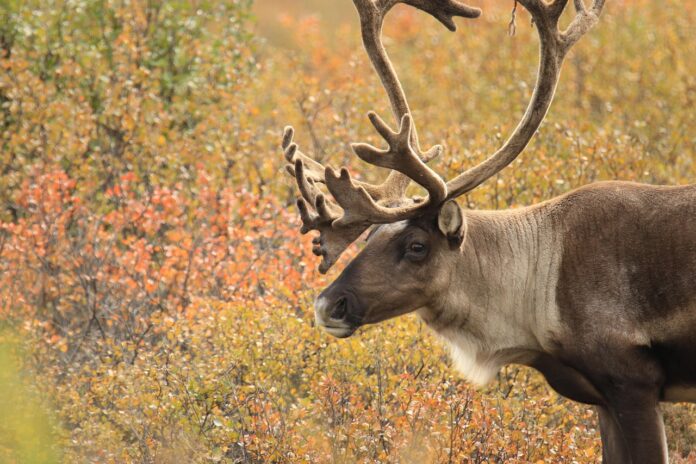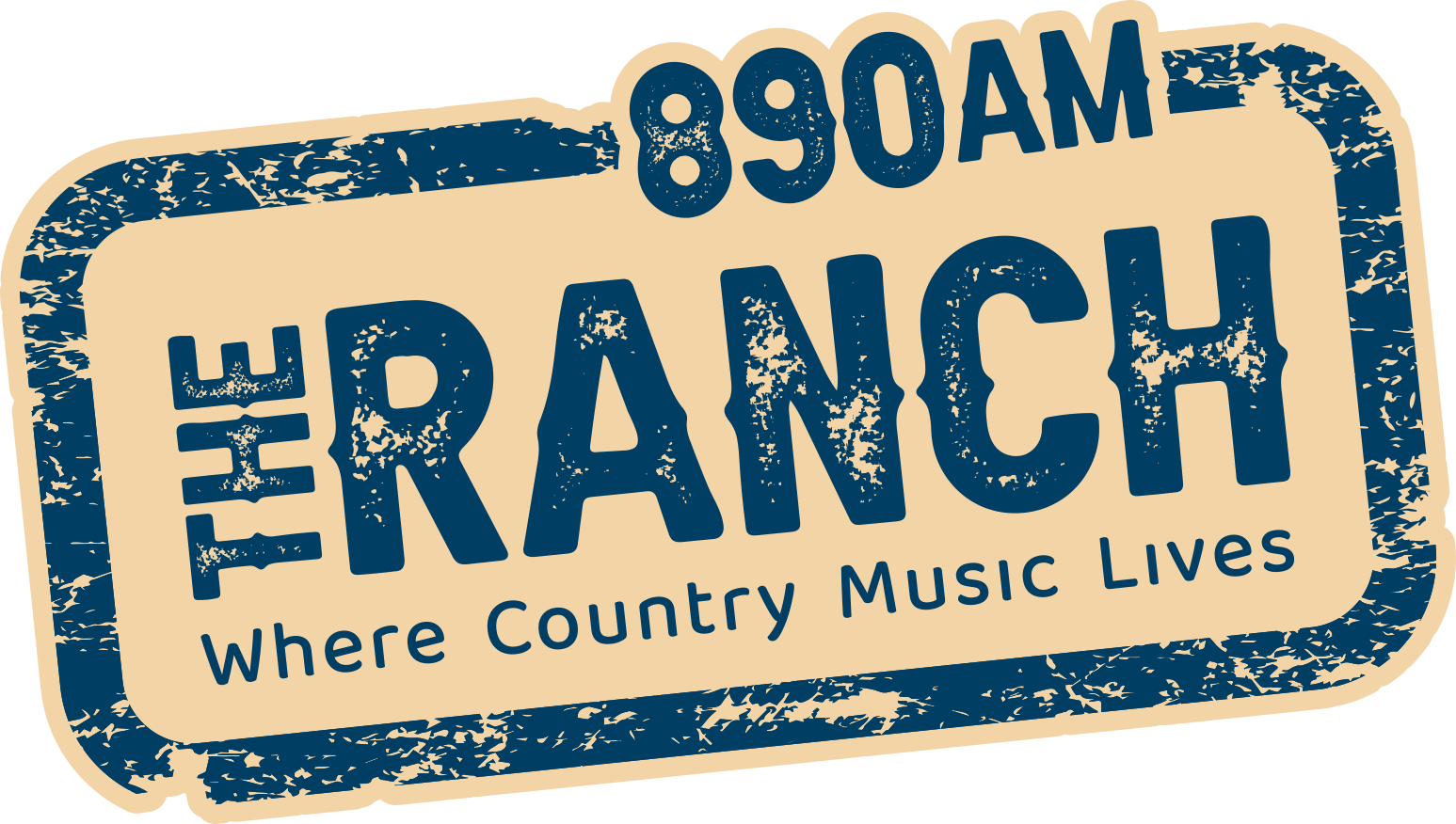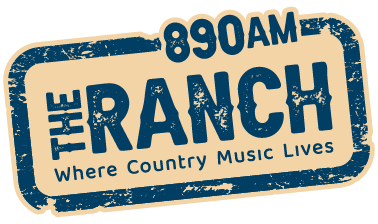Boreal caribou populations are declining across B.C., to combat this, the province announced new habitat-protection measures for the northeastern corner.
The provincial government worked alongside the Fort Nelson First Nation and the B.C. Energy Regulator to support the woodland caribou population in the region through implementing new protection measures.
The woodland, or boreal, caribou lives in Fort Nelson and its surrounding forests. They are considered ‘threatened’ per the federal government’s Species at Risk Act and local First Nations groups say the population showed a long-term decline, which was likely exasperated by the region’s devasting wildfires
“Helping caribou populations recover is a complex challenge requiring multiple approaches to stabilize and reverse the decline of herds in B.C.,” said Randene Neill, the Minister of Water, Land, and Resource Stewardship for the province.
Their strategy to reverse the decline was outlined in the recent report released by Neill’s ministry. It focuses on preserving and restoring the land where the caribou live and applies to four of five of the boreal caribou habitats in the province.
The report also discusses reviewing caribou recovery measures every five years, or as necessary – it would involve evaluating the progress made and identifying the most effective strategy going forward.
Predator management is the final pillar of the report and will be assessed on a herd-by-herd basis, though there is not a timeline for when tracking and monitoring will begin.
Consultations for this strategy included local Indigenous governments and people with forestry licenses, according to the province.
“The consultation and engagement process provided an opportunity to review the socio-economic assessment and refine boundaries or regulatory actions if needed,” B.C. officials wrote.
After adjustments were made, the consultation window closed in February of this year.












